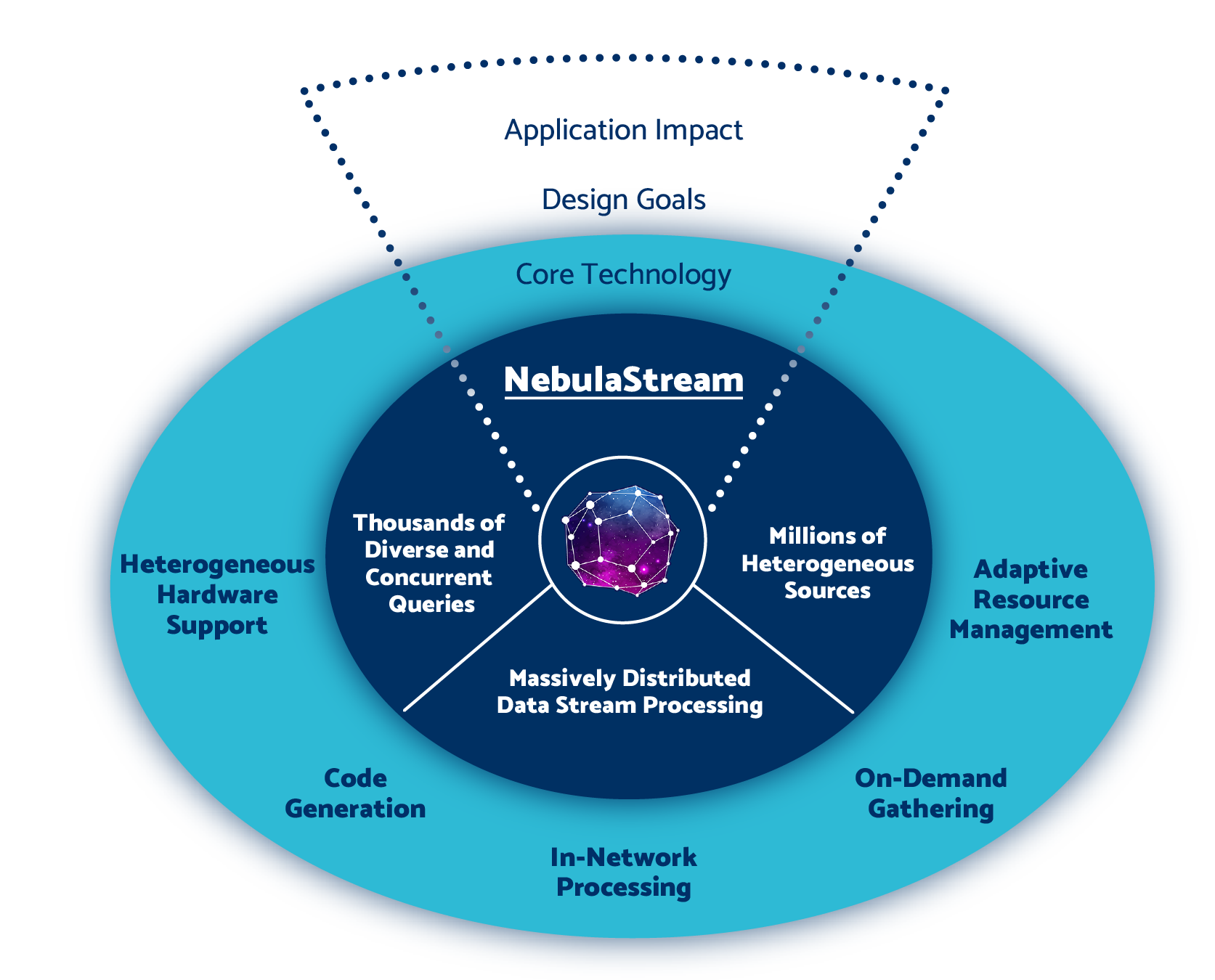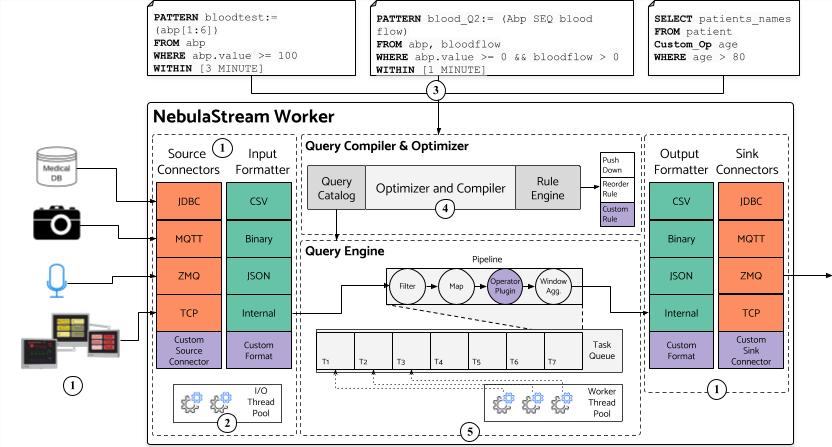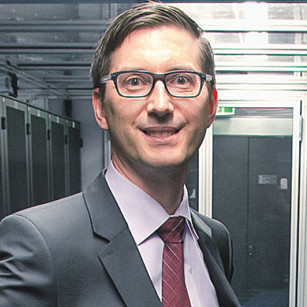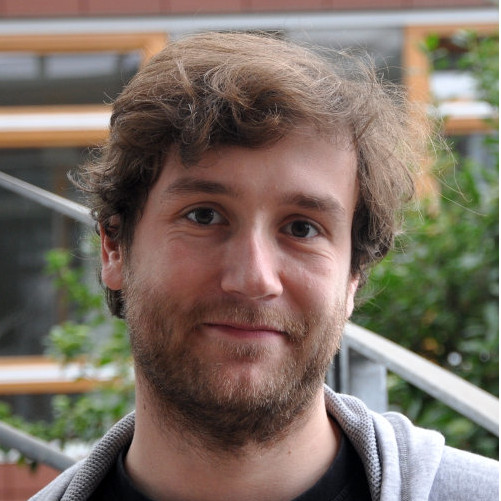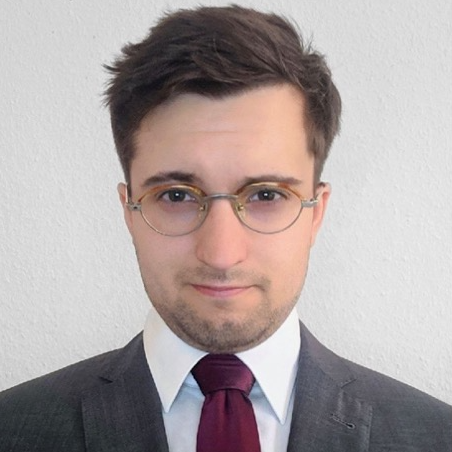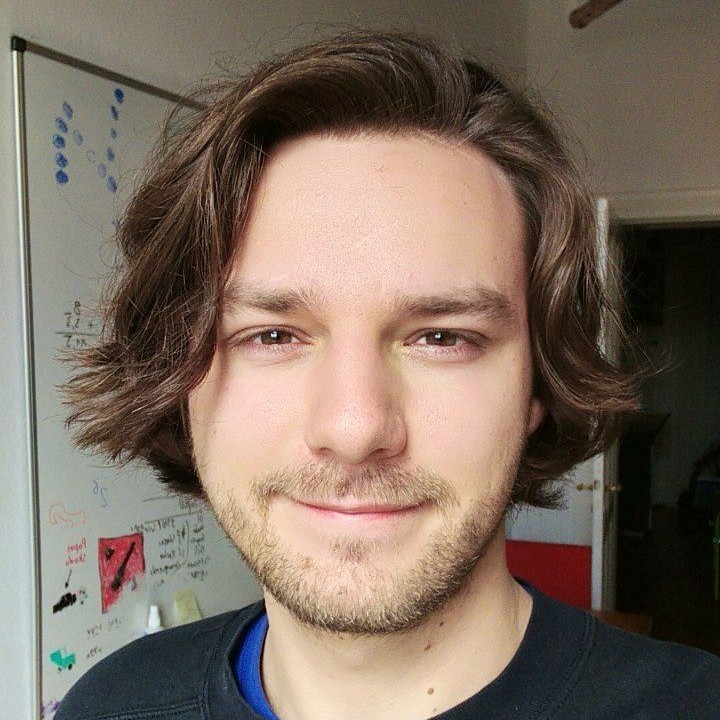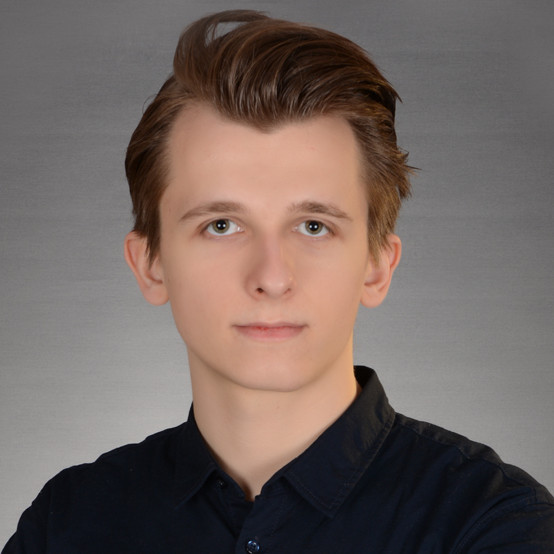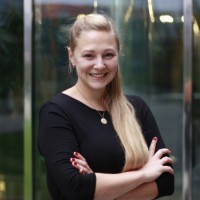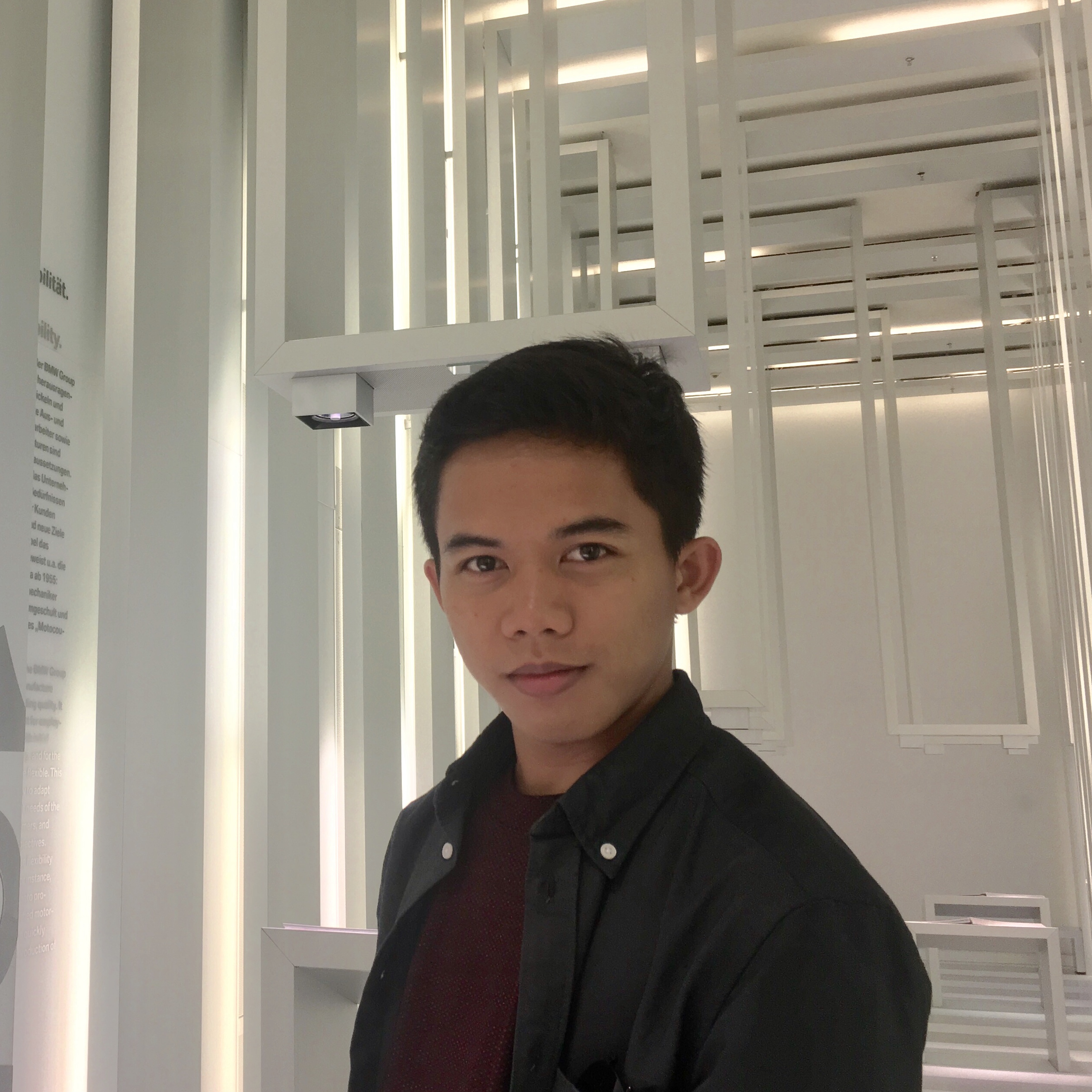The following Privacy Policy refers to the NebulaStream website which falls under
the responsibility of:
TU Berlin, Database Systems and Information Management Group Group, Fak. IV, TU
Berlin.
of the project head Prof. Dr. Volker Markl and project manager
Dr. Steffen Zeuch.
Address:
Prof. Dr. Volker Markl
Technische Universität Berlin
Database
Systems and Information Management Group
Electrical Engineering and Computer
Science (Faculty IV)
Einsteinufer 17
10587 Berlin
E-Mail: inquiries
(at)dima.tu-berlin.de
Editorial and Content Responsibility
Dr. Steffen Zeuch
Technische Universität Berlin
Database Systems
and Information Management Group
Electrical Engineering and Computer Science
(Faculty IV)
Einsteinufer 17
10587 Berlin
E-Mail:
steffen.zeuch(at)tu-berlin.de
Legal notices on copyright
The webpage layout, the graphics used, and all
other content are protected by copyright.
Thank you for your interest in the nebulastream.com
(ToBeUpdated). The protection of the personal data of visitors of our page is
very important for us. Therefore we want to inform you about data security.
The following Privacy Policy refers to the website which falls under the
responsibility of Steffen Zeuch. The website is concerned by the Berlin Big Data
Center(ToBeUpdated). It is not concerned with commercial transactions or with
the exchange of data for marketing purposes.
Subject of Data Privacy
Data privacy covers personal data. According to art. 4 par. 1 of DSGVO these are
data referring to an identified or identifiable individual, hence all data which
could be used to identify you. This applies for data such as name, private
address, e-mail address, telephone number but also to usage data such as your IP
address. Of course the DIMA group observes the legal requirements of data
privacy and other applicable regulations. We are committed to ensure that you
can trust us concerning your personal data. Therefore transfers of sensitive
data are encrypted. In addition our websites are protected against damage and
unauthorized access by technical measures.
Data Collection and Storage
For the usage of our website the registration of your personal data is not
necessary in general.
Collection and Storage of Usage Data
For the optimization of our websites we collect and store traffic data to analyze
trends in site use and to administer the site (such as visited website, date and
time of access, the website which you are coming from and so on) for a period of
two weeks. After that they will be deleted automatically.
These web pages are hosted on servers of Github Inc., 88 Colin P Kelly Jr St, San
Francisco, CA 94107, USA. Please note the GitHub Privacy Policy, and GitHub
Global Privacy Practices, and Privacy Shield Compliance declaration.
Links
This web site contains links to other sites. Please be aware that the our
consortium editorial and content responsible is not responsible for the contents
and the privacy practices of such other sites. We encourage our users to be
aware of that when they leave our site and to read the privacy statements of
these third party sites. This privacy statement applies solely to information
collected by this web site.
Right of Access to Personal Data
You can retrieve information about your stored personal data without giving
reasons at any time free of charge. Please contact the address provided
below. We will be pleased to assist you if you have any further
questions about our data privacy information. Please note that data privacy
regulations and handling of data privacy can change from time to time making it
necessary to inform oneself about changes of data privacy laws and company
policies. This data privacy statement only applies for content of TU Berlin and
DIMA webservers which provide this data privacy statement and does not cover
linked websites of external webservers.
We invite you to contact us if you
have questions about this policy at:Prof. Dr. Volker Markl
Technische
Universität Berlin
Database Systems and Information Management
Group
Electrical Engineering and Computer Science (Faculty
IV)
Einsteinufer 17
10587 Berlin
E-Mail: datenschutz@dima.tu-berlin.de
